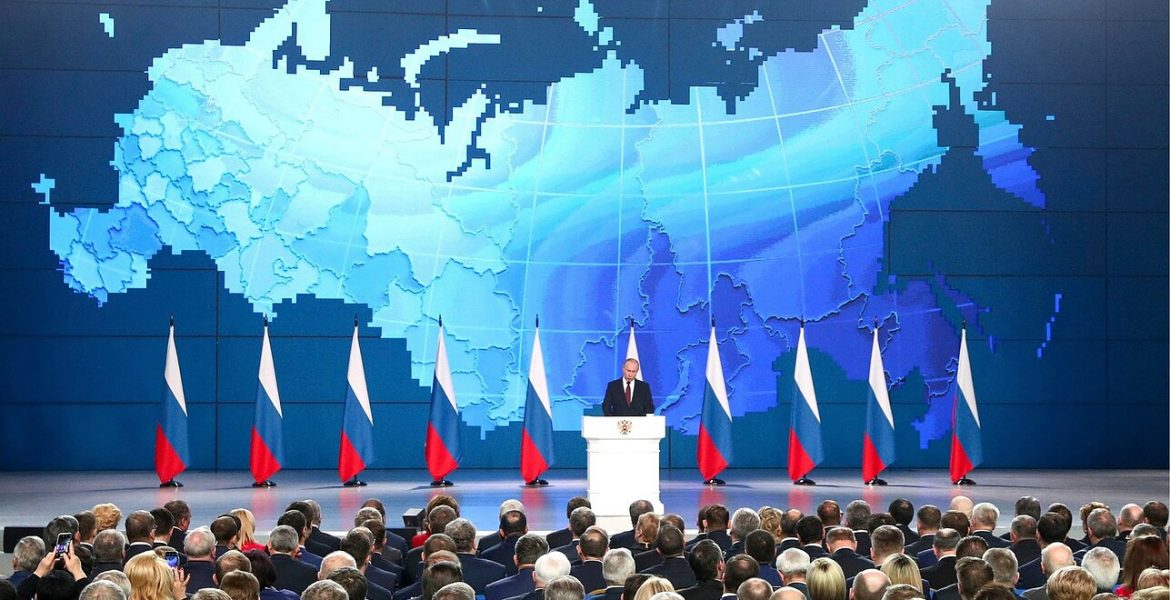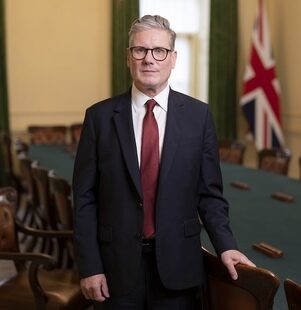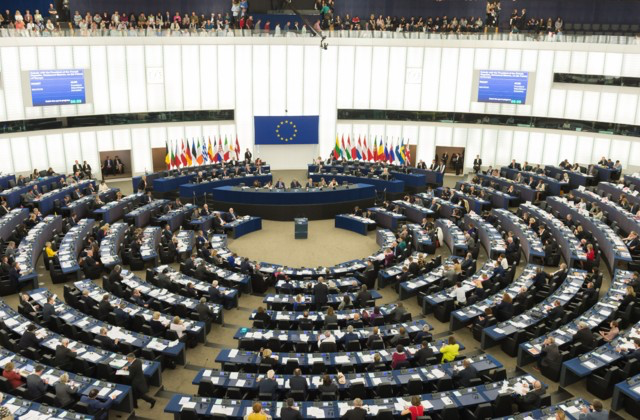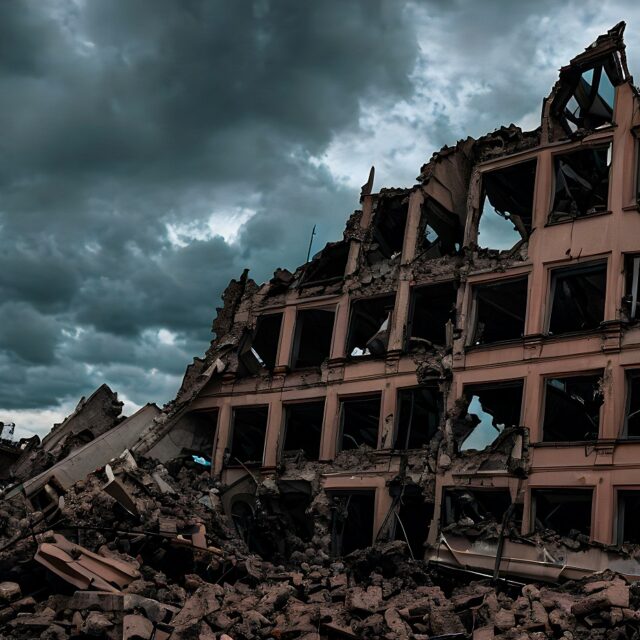Before the so-called special military operation, all of President Putin’s problems were related to the domestic political situation in Russia, where his ratings were rapidly declining. Approaching the presidential election in 2024, he risked facing a situation in which his nomination to the presidency might provoke a powerful wave of protests. A full-scale attack on Ukraine was justified not by the need to “protect” the residents of Donbass, but by the need to change the political agenda in Russia itself.
But it did not turn out the way it was supposed to. Not only has Putin failed to achieve any significant success in Ukraine, but he has suffered defeat after defeat. Against the background of the failures of the Russian army in Ukraine and the economic crisis in Russia, a pre-revolutionary environment has developed, where “the authorities can no longer govern, and the grassroots do not want to live like this”.
The main problems of the Russian state are its centralisation, imperialism, and violence against its own people. Historically, as soon as the system of violence begins to weaken, the state begins to collapse.
Today, Putin’s regime continues to rely on the security forces and the Russian army. After serious defeats in Ukraine, the military has begun to weaken. Consequently, Putin has not explicitly “given the green light” to Prigozhin and Kadyrov to compensate for military losses. They have become federal figures on whose opinions Putin already depends.
The creation of regional armies by Kadyrov’s “self-mobilisation” could have irreversible consequences for the existence of the whole of Russia. With each day of the war against Ukraine, the discontent with the actions of the central government is growing in the regions; ideas of separatism are being strengthened, and at any moment, regional armies might move against the federal centre.
For the first time since the war began, Russian politicians have begun to openly criticise Putin. Back in early September, a wave of parliamentary demarches began: some members of the St. Petersburg and Moscow councils called for the impeachment of Vladimir Putin for treason in order to remove him from office as president. The clouds are steadily gathering above Putin’s head.
Any further defeat of the Russian army might lead to the complete collapse of the Putin regime. If, for example, Kherson was liberated by the Ukrainian army this could be the trigger for massive political unrest within Russia.




